Heat for a "bonus room"
ellessebee
10 years ago
Featured Answer
Sort by:Oldest
Comments (9)
tigerdunes
10 years agoionized_gw
10 years agoRelated Professionals
Carson Solar Energy Systems · Eastvale Solar Energy Systems · Hemet Solar Energy Systems · Lomita Solar Energy Systems · Menifee Solar Energy Systems · Sun Prairie Solar Energy Systems · Teaneck Solar Energy Systems · Brushy Creek Home Automation & Home Media · Half Moon Bay Home Automation & Home Media · Plant City Home Automation & Home Media · Orlando Electricians · Grafton Electricians · Pine Bluff Fireplaces · Tooele Fireplaces · University Park Fireplacestigerdunes
10 years agoellessebee
10 years agotigerdunes
10 years agoellessebee
10 years agoionized_gw
10 years agoellessebee
10 years ago
Related Stories
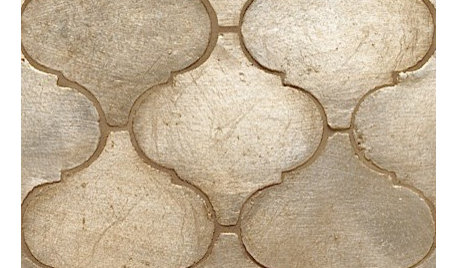
PRODUCT PICKSGuest Picks: Moroccan Flair to Heat Up Fall Interiors
Layer these exotic-looking furniture pieces, textiles and accessories for a warm look and a global vibe
Full Story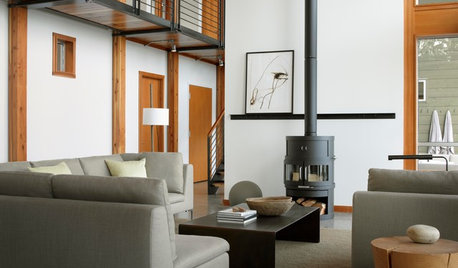
REMODELING GUIDESClean-Burning Woodstoves Ignite a Greener Heating Trend
No need to rely on oil or gas to heat your home — new woodstove designs burn cleanly and are beautiful to boot
Full Story
GARDENING GUIDES10 Drought-Tolerant Shrubs That Thrive in Full Sun and Reflected Heat
Got a hot spot in your garden where plants often die? Try these tough shrubs that add beauty while shrugging off the heat
Full Story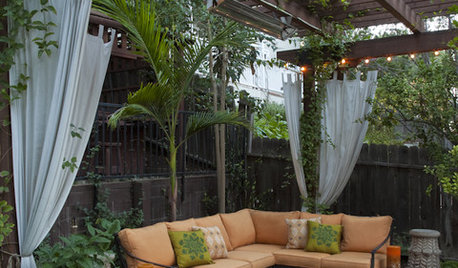
GARDENING AND LANDSCAPINGChill Out: 10 Cool Ways to Beat the Heat Outdoors
Step away from the A/C's artificial blast — and treat yourself to these more natural cool-down methods in the great outdoors
Full Story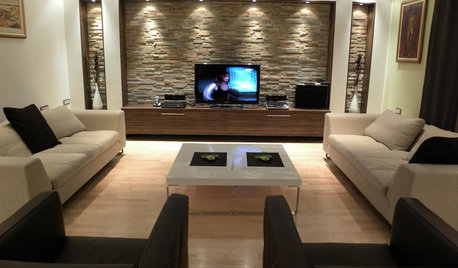
MORE ROOMSBeat the Heat: Escape to the Basement
When It's Too Hot or Rainy, Bring the Party Downstairs
Full Story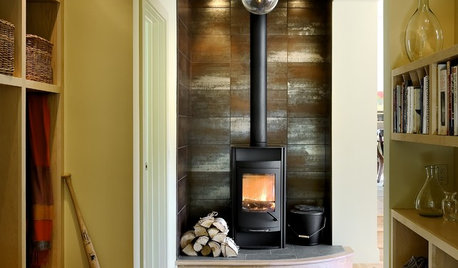
FIREPLACESHeat Your Space in Style with Today's Wood-Burning Stoves
Cleaner burning and streamlined, new wood-burning stoves warm up the room
Full Story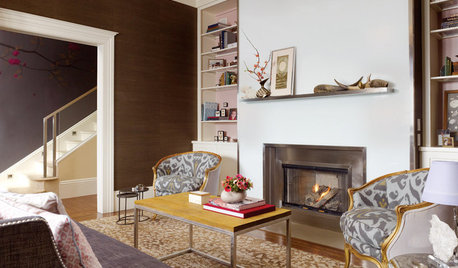
FIREPLACESFabulous Fireplaces Heat Up the Modern Home
Set your living room aglow with these 8 sleek but inviting designs
Full Story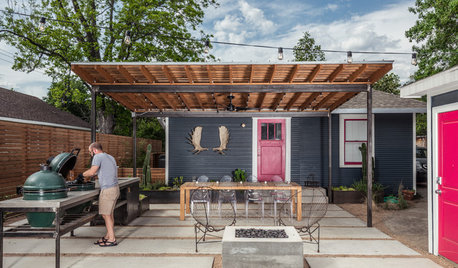
PATIOSA Modern Backyard Trumps the Texas Heat
New shaded areas offer a respite in an outdoor Houston living room, while a fire pit re-creates fond memories
Full Story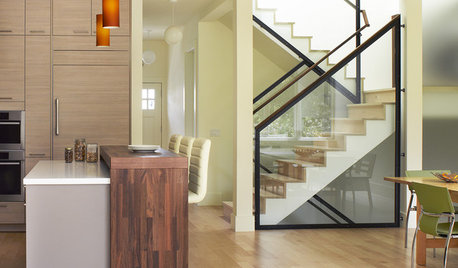
FLOORSIs Radiant Heating or Cooling Right for You?
Questions to ask before you go for one of these temperature systems in your floors or walls (yes, walls)
Full Story





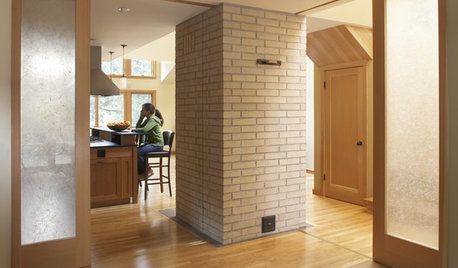

ellessebeeOriginal Author